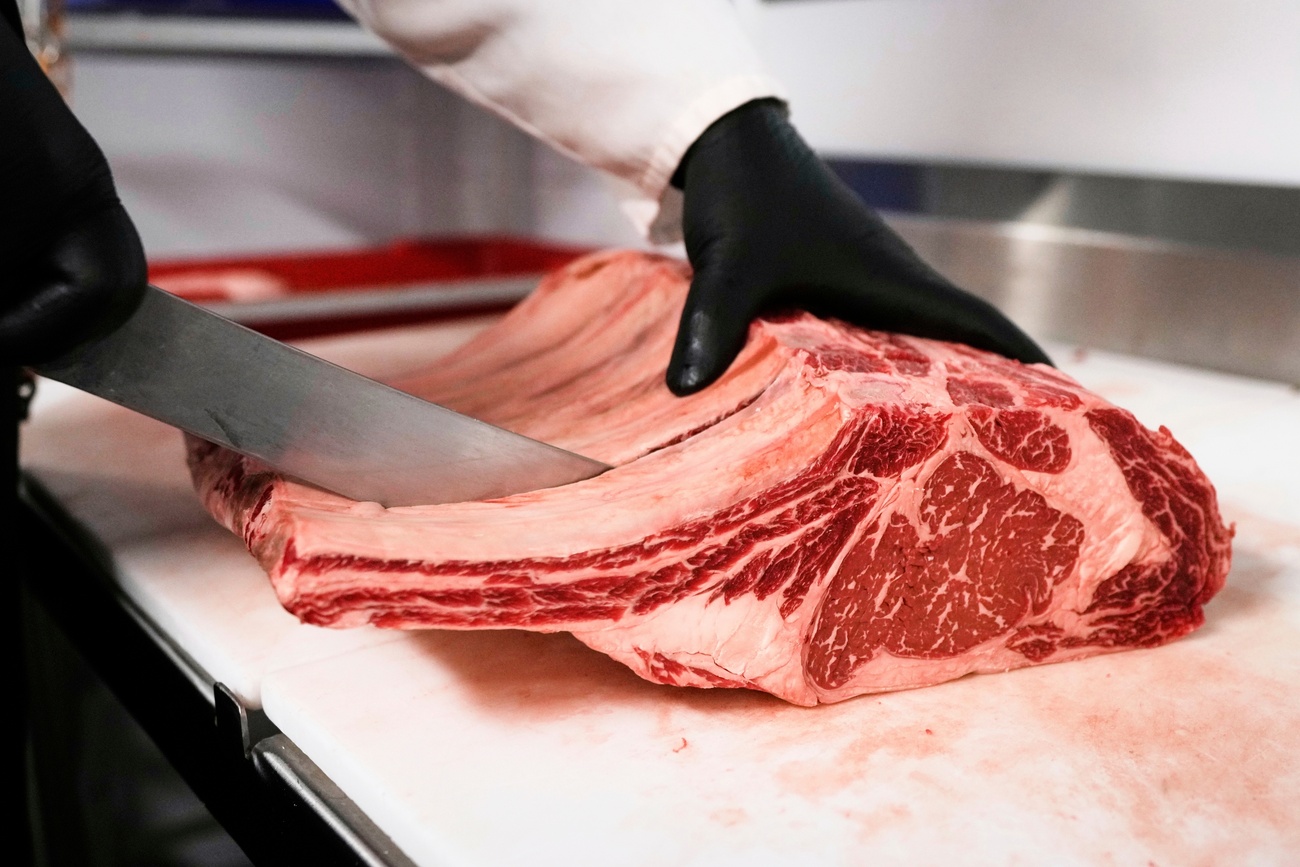
Zurich researchers identify cognitive processes that set leaders apart

People in leadership roles are less averse to making decisions for an entire group, even when the consequences of those decisions are uncertain, University of Zurich (UZH) researchers have found.
Using functional magnetic resonance imaging (fMRI), UZH neuroeconomics and neuroscience researchers studied neurobiological processes in the brains of volunteers as they took part in group experiments. The study participants were put into small groups to play a series of games where they had to make choices about a risky action to get a reward.
According to a UZH press releaseExternal link published on Friday, the researchers were able to identify the brain activity that influenced whether someone was more likely to take on a leadership role, or to delegate decision-making.
“In this work, we wanted to understand what is the internal decision-making process that drives someone to choose to lead or to follow,” explains Micah Edelson, the main author of the study published in the journal ScienceExternal link, in a UZH press videoExternal link.
The results appear to go against the common understanding that leadership qualities are based on characteristics including charisma and a preference for being in control. Rather, the researchers found that responsibility aversion, or the unwillingness to make a decision that affects others, was driven by a greater need for certainty about the best course of action when the decision would impact other people.
“Leaders are less likely to change their required level of certainty for making choices that affect others,” Edelson summarises.
He adds that this framework can account for many different leadership types, from authoritarian leaders who tend to make decisions on their own, to egalitarian leaders who prefer to seek a group consensus.
The work by UZH researchers has been described as fascinating, but critics point outExternal link that the study doesn’t say anything about the quality of leadership.

In compliance with the JTI standards
More: SWI swissinfo.ch certified by the Journalism Trust Initiative



























You can find an overview of ongoing debates with our journalists here . Please join us!
If you want to start a conversation about a topic raised in this article or want to report factual errors, email us at english@swissinfo.ch.